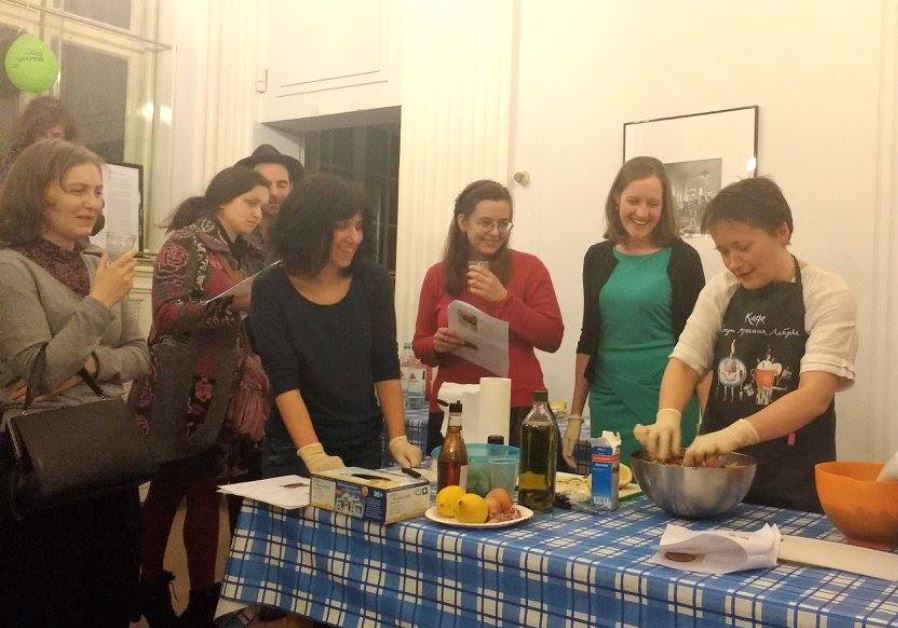Israeli Veganism: Introducing the land of soy milk and date honey to the world
WZO uses Israel’s vegan culture to cultivate connections with Israel.
 A vegan cooking class at the Nosh Berlin food festival in Germany(photo credit: DEKEL PERETZ/FRANKELUFER SYNAGOGUE)Updated:
A vegan cooking class at the Nosh Berlin food festival in Germany(photo credit: DEKEL PERETZ/FRANKELUFER SYNAGOGUE)Updated: